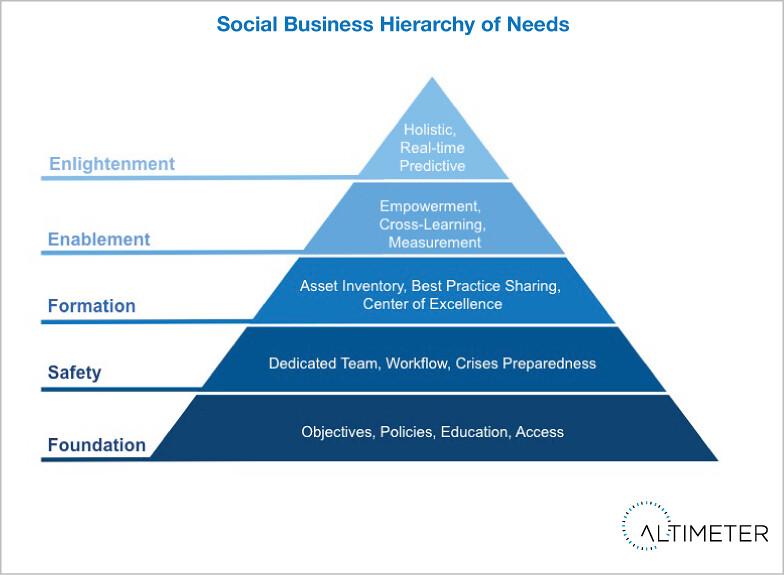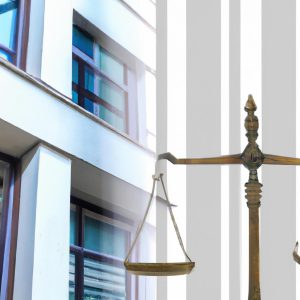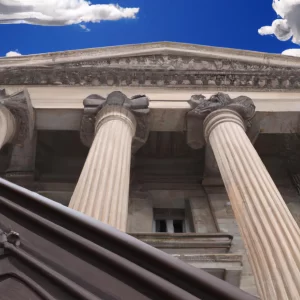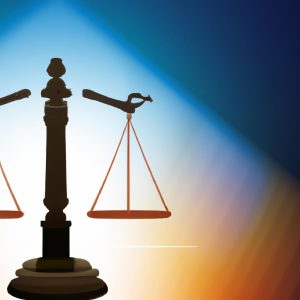In the bustling metropolis of New York, where countless dreams are made and fortunes are won, the question of inheritance often looms large. But what happens when there is no will to dictate who will receive the wealth and assets left behind? In the labyrinthine world of intestate succession in New York, a complex legal framework exists to determine who will inherit when a loved one passes away without a will. Let us delve into this intriguing and often overlooked aspect of estate planning in the Empire State.
Understanding the Intestacy Laws in New York
When a person dies without a will in New York, their estate is subject to the intestacy laws of the state. This means that the distribution of their assets will be determined by these laws, which outline who inherits and in what proportion.
Under the intestacy laws in New York, the deceased’s assets will typically be distributed to their closest relatives. This includes their spouse, children, parents, siblings, and more distant relatives if necessary. If there is no surviving spouse or descendants, the estate may pass to more extended family members, such as aunts, uncles, or cousins.

Hierarchy of Inheritance in the Absence of a Will
When a person passes away without a will in New York, their estate is distributed according to the state’s laws of intestacy. In the absence of a will, the hierarchy of inheritance is established based on the relationship of the deceased to their potential heirs.
The first in line to inherit in New York are the surviving spouse and children of the deceased. If there is no spouse or children, the next in line would be the deceased’s parents, followed by siblings, nieces and nephews, and so on. It is important to note that without a will, the state determines who will receive the assets of the deceased, regardless of their wishes. It is always advisable to create a will to ensure that your assets are distributed according to your preferences.

Challenges and Complications in the Absence of a Will
In the absence of a will in New York, the state’s laws of intestacy will determine who inherits the deceased person’s assets. This can lead to a number of challenges and complications for the family members left behind. One major issue is that without a will, the deceased person’s wishes may not be honored, and their assets may not be distributed as they would have wanted. This can lead to disputes among family members and potential estrangement.
Furthermore, without a will, the probate process can be more complex and time-consuming. The court will have to appoint an administrator to oversee the distribution of assets, which can lead to delays and added expenses. Additionally, without clear instructions in a will, it may be difficult to determine who should inherit certain assets, leading to confusion and potential legal battles. Overall, the absence of a will can create stress and uncertainty for the deceased person’s loved ones during an already difficult time.

Steps to Ensure Smooth Inheritance without a Will
In New York, if a person passes away without leaving a will, their assets will be distributed according to the state’s laws of intestacy. To ensure a smooth inheritance process without a will, there are several important steps that should be taken:
- Identify Heirs: The first step is to determine who the legal heirs of the deceased individual are. This typically includes spouses, children, parents, and other close relatives.
- Obtain Letters of Administration: In order to manage the deceased person’s estate, someone will need to be appointed as the administrator. This involves petitioning the court for Letters of Administration.
Closing Remarks
In conclusion, the issue of intestate succession in New York raises important questions about who stands to inherit in the absence of a will. By understanding the laws and rules that govern this process, individuals can ensure that their assets are passed on according to their wishes. While the distribution of assets without a will may seem complicated, knowing the statutory guidelines can provide clarity and peace of mind for all parties involved. Planning ahead and seeking legal advice can help navigate the complexities of intestacy succession and ensure that loved ones are taken care of in the event of unexpected circumstances. Remember, when it comes to estate planning, a little preparation can go a long way in protecting your legacy.







